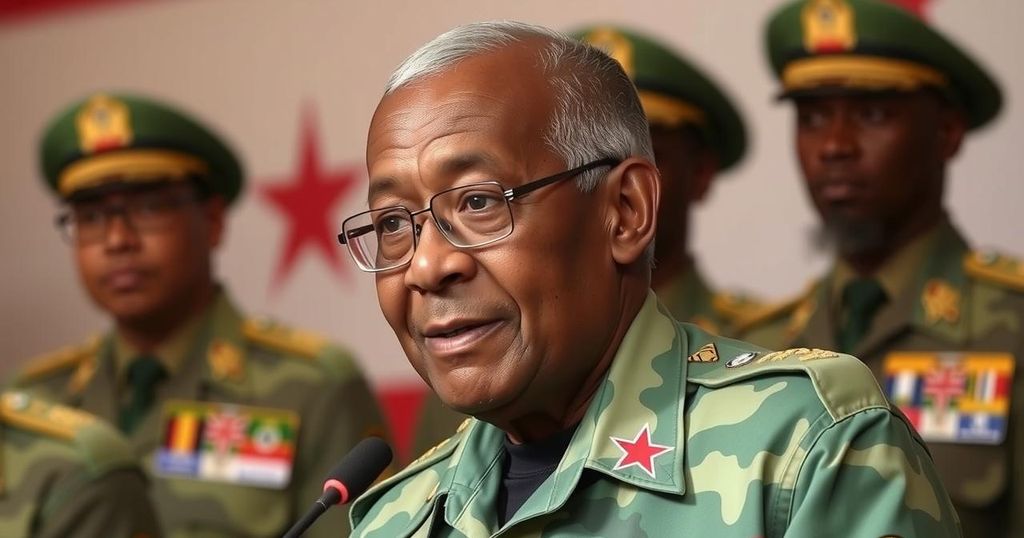Chad Conducts Elections Amid Opposition Boycott and Allegations of Fraud
Chad is voting in legislative, provincial, and local elections after three years of military rule. The opposition boycotts the elections, accusing the regime of electoral fraud and repression. Allegations of ballot tampering have surfaced, raising concerns about the electoral process. Polling unfolds amidst pressing security challenges, especially from Jihadist groups, highlighting the difficulties in Chad’s pathway towards democratic governance.
Chad has commenced voting for legislative, provincial, and local elections, perceived by the government as the concluding phase of a political transition following three years under military governance. However, the opposition has chosen to boycott the elections, allowing candidates favoring Marshal Mahamat Idriss Itno, who seized power from the military in 2021 and was narrowly legitimized in a May presidential election criticized as fraudulent, to dominate the political landscape. Opposition leader Succes Masra urged citizens to abstain from voting, labeling the electoral process a deceitful construct rife with fabricated results.
The opposition Democratic Party of the Chadian People has alleged misappropriation of ballots in Bongor, heightening suspicions of electoral manipulation orchestrated by the ruling MPS party. Over eight million registered voters are expected to participate, under scrutiny from foreign observers and political party representatives. There are concerns over security due to continuous threats from Boko Haram in the Lake Chad area, coupled with recently terminated military agreements with France and accusations against Chad for involvement in the Sudan conflict.
With Chad’s last legislative elections having occurred in 2011 and subsequent elections delayed due to multiple crises, including security threats and the pandemic, the current regime has been accused of autocracy. Masra referenced the violent suppression of opposition protests in October 2022 as indicative of the regime’s increasing repressive nature. Despite efforts from the ruling party to enhance voter engagement, the election process is marred by a media blackout, as a strike by online journalists protesting government restrictions hampers coverage. Private media outlets have refrained from reporting on the election due to denial of customary government subsidies.
Chad has faced political instability and repression since military leader Mahamat Idriss Itno took power in 2021, following the death of his father, long-time ruler Idriss Déby Itno. The country has yet to see a return to democratic governance, with elections repeatedly postponed due to security challenges and health crises. Opposition parties have voiced concerns about electoral fraud and repression under the current regime, leading to significant boycotts of the electoral process. The backdrop of violence from Boko Haram and current conflicts in neighboring Sudan further complicates Chad’s political landscape, raising questions about the legitimacy and safety of any democratic transitions.
In conclusion, Chad’s elections occur under contentious conditions marked by an opposition boycott, allegations of electoral manipulation, and pressing security concerns. Marshal Mahamat Idriss Itno’s regime faces scrutiny for its authoritarian practices, as significant parts of the media remain inaccessible due to governmental constraints. The situation presents a complex challenge to Chad’s political future and stability, highlighting the urgent need for transparent processes that ensure fair representation for the Chadian populace.
Original Source: www.barrons.com




Post Comment